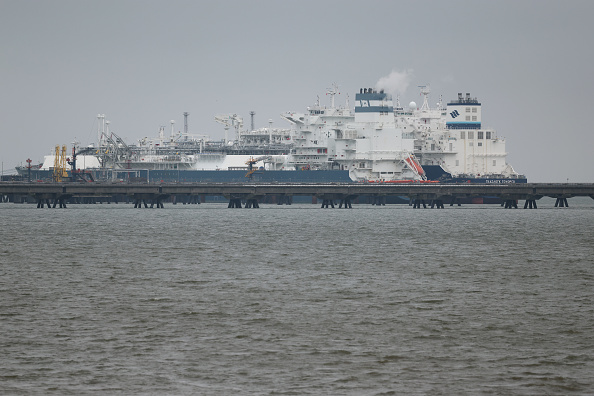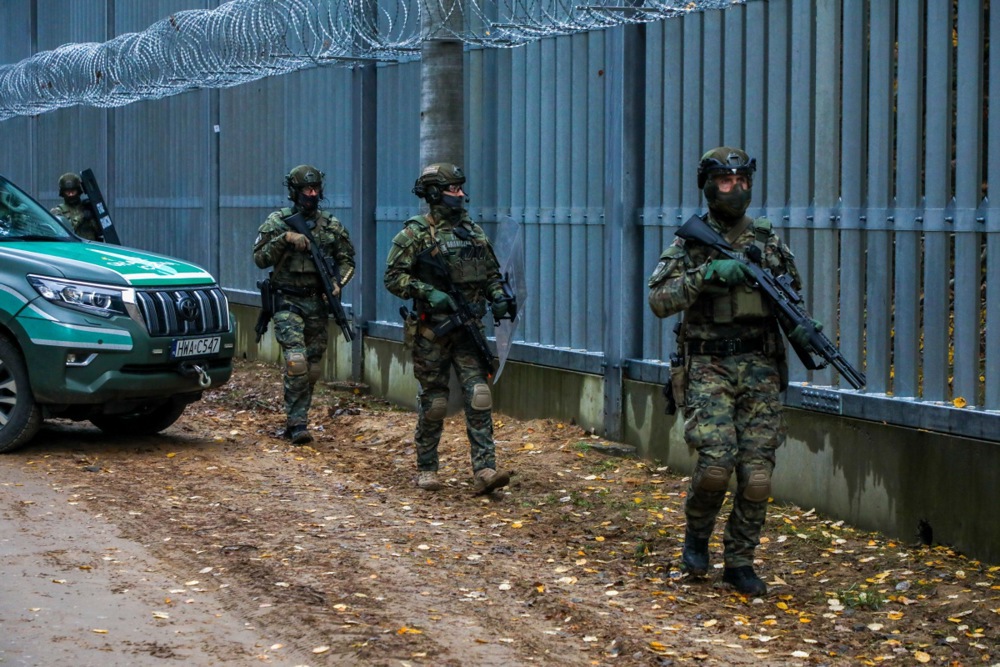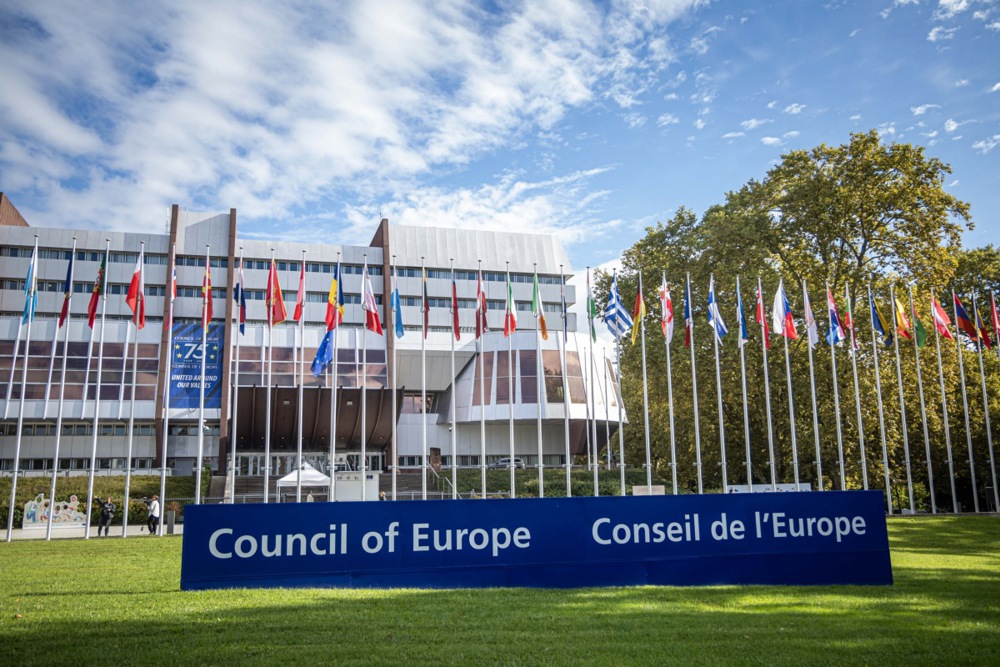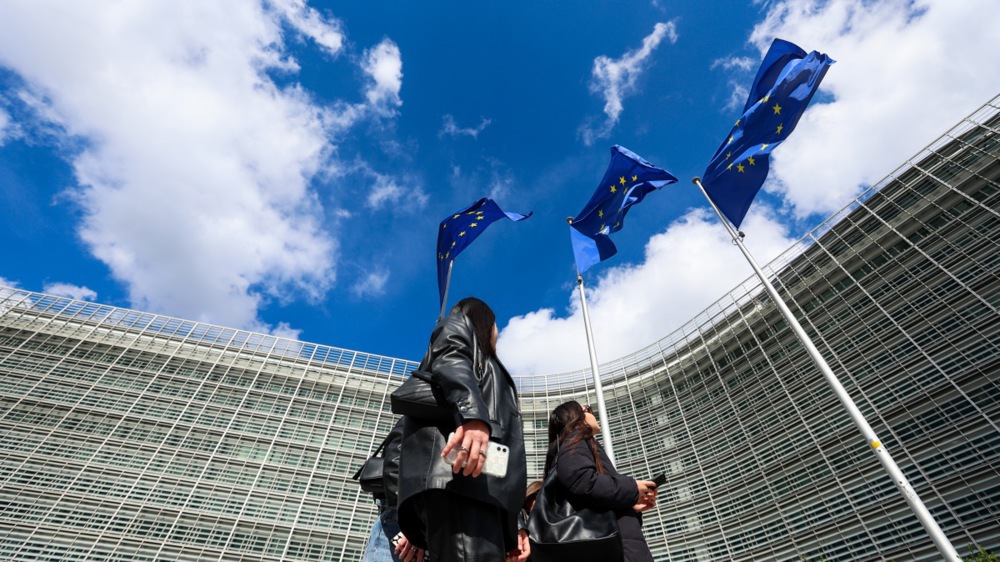A lack of co-ordination and poor access to energy data has hampered the European Union’s ability to deliver energy security, a think-tank conference was told.
Decisions on Europe’s energy transition were being made without reliable or timely information, analysts said — leaving the EU unable to fully respond to crises such as the fallout from the Russian invasion of Ukraine, or plan for the future.
“Energy data is either not available in Europe in a timely manner, or not available at the level of granularity, reliability and consistency needed for informed decision-making”, said Tom Brown, Professor at the Technische Universität Berlin on May 8.
His remarks came at the Brussels-based Bruegel institute conference centred on Europe’s knowledge of its own energy production, import, consumption and needs.
Brown said that while Europe gathered a lot of data, it often did so in scattered or inconsistent ways.
Answering questions such as how much energy was imported from what country, or how many heat pumps should be produced, appeared to be much more complex than at first assumed.
“Each time a new EU law is passed, a different body is created” or tasked with collecting the relevant information, leading to duplication and confusion, he said.
At stake were the EU’s three energy policy objectives — improving sustainability, ensuring competitiveness and guaranteeing energy security.
“These three objectives are rarely compatible,” Brown said, pointing to how incomplete data collection made it harder to balance them.
Ben McWilliams, a researcher at Bruegel, said Europe’s data weakness was laid bare during the energy crisis that followed Russia’s invasion of Ukraine.
“The ability to respond to crisis is hindered by lack of data,” he said.
“A good example of how to fix that is the United States, which created the EIA [Energy Information Administration] after its oil shock in the 70’s.”
The EIA is a public body that collected and published energy statistics. Joe DeCarolis, a former administrator of the agency, said its strength lay in its independence and legal powers.
“These surveys cover the whole supply chain and on the consumption side,” which he said targeted surveys per sector – industry and households among other areas.
“The EIA is independent. It needs permission before starting to collect data, but when releasing the report after, they do not need to seek the permission of anyone,” he added.
In Europe, even when energy data was collected, it was often patchy. Key statistics from some EU countries — and from partners including the UK or Switzerland — arrived late, if at all, the conference heard.
“We have to make a lot of efforts and assumptions when looking for data,” McWilliams said. “We have to clean and validate them because datasets are often incomplete. That creates a lot of work.”
Analysing this data to answer key questions — such as how to secure energy supply or reduce reliance on foreign sources — was extremely complex, he added.
It required advanced modelling and statistical tools just to understand what the numbers meant. Turning that analysis into useful insights for policy decisions added yet another layer of technical difficulty.
The problem was not just technical, the conference was told. Participants said decisions about what data to collect — and how — were often political, not purely statistical.
That idea was controversial. In the US, data collection was handled at the federal level but in the EU, any attempt to give a central body authority over national energy data would likely spark political pushback, the panel said.
The conference panel further emphasised that energy policy was jammed between EU institutions and market forces.
The European Commission unveiled its plan for a full ban on Russian gas imports two days earlier, emphasising that the “traceability” of energy imports was its weakest point and the main issue to address.
In April, a European Commission spokesperson for energy said that even if it wanted to inform the press, “the European Commission is not a market actor; we do not negotiate any … [energy] contracts”.





